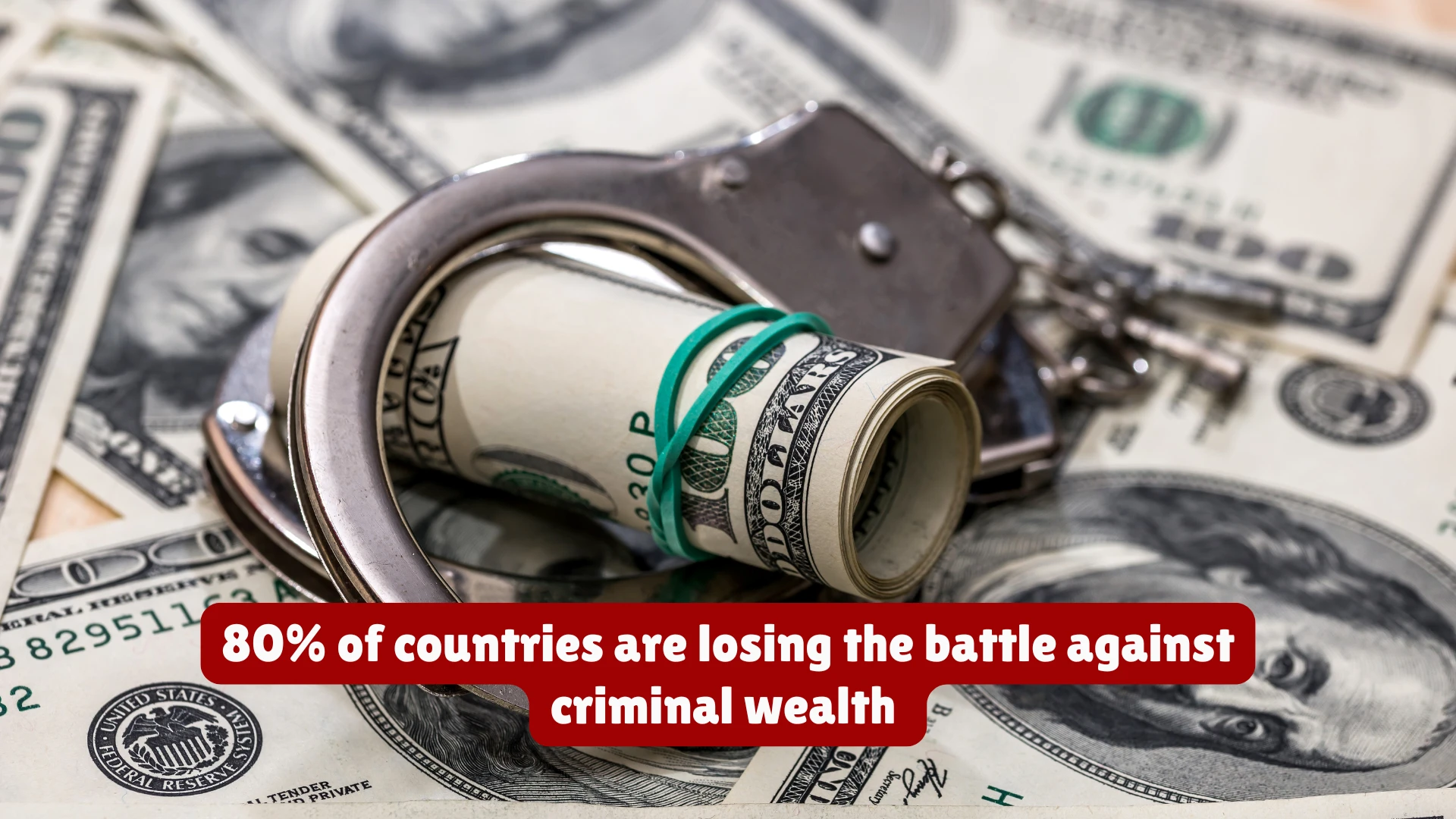The shocking revelation from FATF President T. Raja Kumar de Anda underscores a glaring weakness in the global fight against financial crime: 80% of countries lack the ability to effectively confiscate criminal assets.
This statistic is more than a number—it is a call to action for governments, financial institutions, and compliance professionals to strengthen asset recovery mechanisms.
Why confiscation matters
Confiscating criminal assets is a cornerstone of effective anti-money laundering (AML) enforcement. Without it:
- Criminals keep the rewards: Profits from fraud, corruption, and money laundering remain in the hands of offenders.
- Deterrence is weakened: When illicit gains are left untouched, it sends a message that crime pays.
- Funds fuel further crimes: Retained assets can bankroll future illegal activities, perpetuating a vicious cycle.
What is behind this global weakness?
- Ineffective Legislation: Many countries lack robust laws to allow the freezing and confiscation of assets.
- Resource Constraints: Asset tracing and recovery require specialised expertise and financial resources that are often scarce.
- Cross-Border Challenges: International cooperation is critical but difficult, as criminal networks span multiple jurisdictions.
- Complex Ownership Structures: Shell companies, trusts, and other legal vehicles make it hard to trace true asset ownership.
FATF’s call for action
The FATF has been vocal in urging countries to:
- Strengthen Legal Frameworks: Implement and enforce comprehensive asset recovery laws.
- Invest in Skills and Technology: Train investigators and adopt advanced tools to trace and confiscate assets.
- Foster Global Cooperation: Share intelligence, harmonise regulations, and collaborate on cross-border cases.
- Promote Public Accountability: Ensure transparency in asset recovery and redistribution to earn public trust.
How businesses can contribute
Businesses, especially in the financial sector, play a vital role in asset recovery:
- Enhance Transaction Monitoring: Flag suspicious activities early to prevent laundering.
- Collaborate with Authorities: Share insights and data to assist investigations.
- Promote a Culture of Compliance: Train employees to detect red flags and follow reporting protocols.
The inability to confiscate criminal assets undermines the integrity of global financial systems. To close this gap, we need collective action: governments must lead, institutions must adapt, and citizens must demand accountability.






